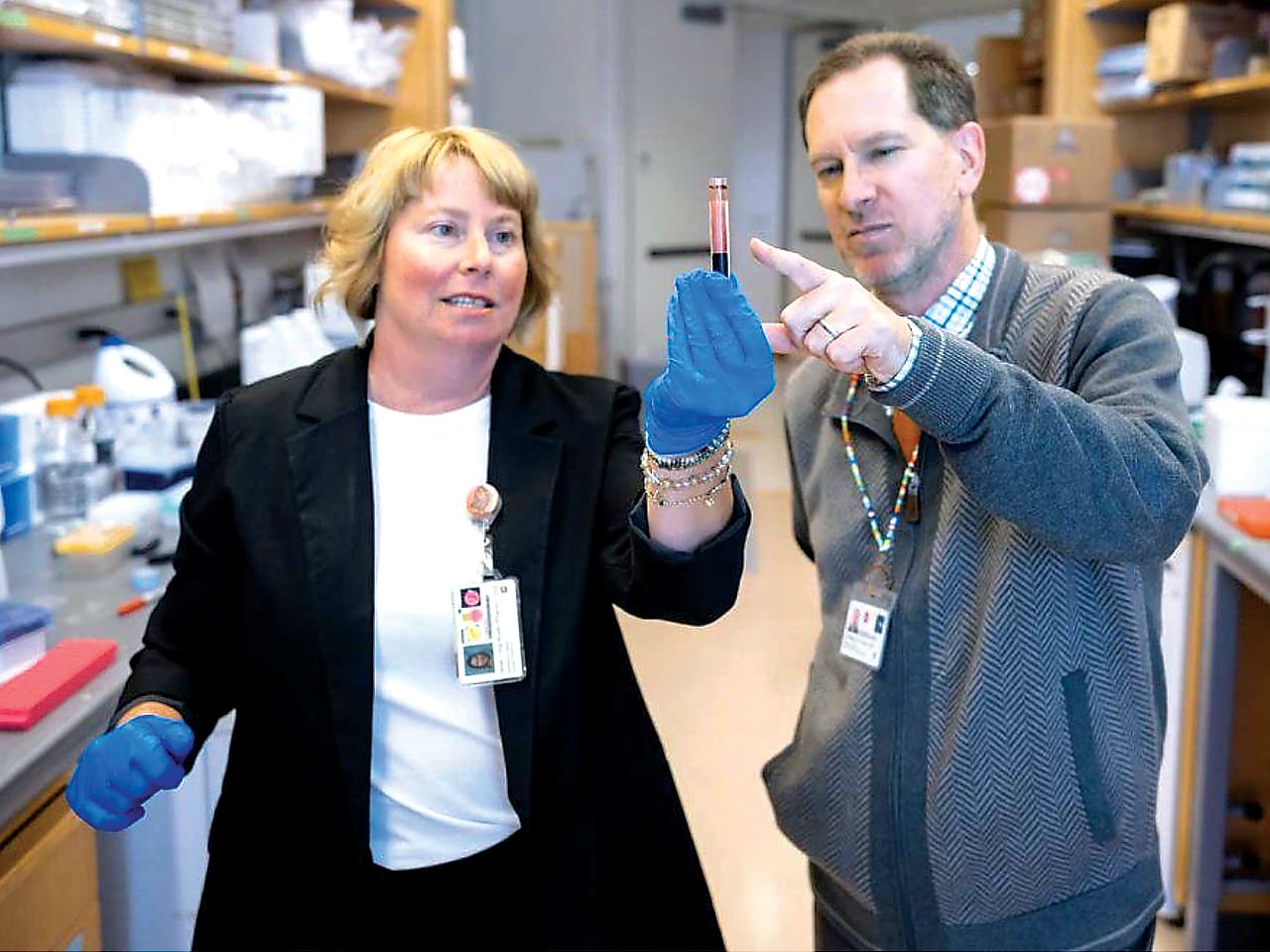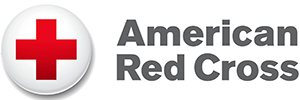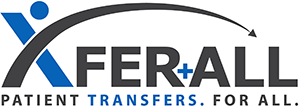Content Trio
-

Stomach Procedure and Comprehensive Care Transform Woman’s Life
Beverly struggled with severe obesity for years. Thankfully, the team at the Metabolic and Bariatric Institute at Sutter Santa Rosa Regional Hospital were there to help.
-

New Conditioning Treatment Improves Survival Rate for Children Who Receive Stem Cell Transplants
At UCSF Benioff Children’s Hospital’s Blood & Marrow Transplant Clinic, Christopher Dvorak and his team developed a new conditioning treatment that helps eliminate unnecessary chemotherapy and radiation.
-

Woman Leaves Eye Checkup with More than A New Prescription
When Doretha left her eye checkup at Kaiser Permanente Los Angeles Medical Center, she found housing support as a bonus. Thanks to a resource specialist, she received legal aid and found a new home.
Find What You're Looking For Here
Upcoming Events
All Current Programs-

Warriors in the Waiting Room: Costly Quality and Safety Oversights in Patient Care
America’s military Veterans, National Guard, Reservists, and their families comprise one of the nation’s most at-risk populations. Because of their exposures and experiences, this Warrior Community emerges from service with gaping physical and mental health disparities that can manifest long after they enter civilian life. While you might assume they get their healthcare through the […]
Get Involved
Follow us on social media
Advocate with us on social media to support hospitals and patients across the state.












